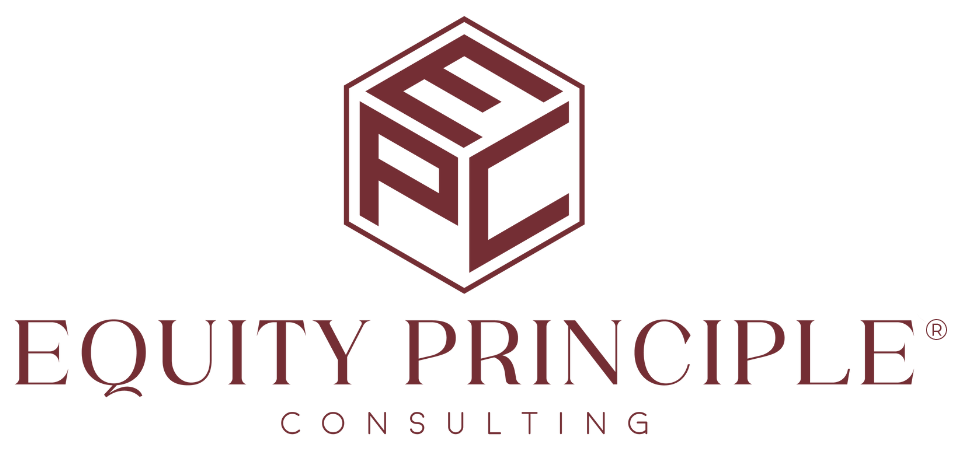The Myth of Meritocracy: A Closer Look at Privilege and Bias
The allure of meritocracy lies in its promise: that hard work and talent alone dictate success. This concept appeals to our sense of fairness, suggesting that anyone can rise to the top with enough effort.
But this is the myth of meritocracy.
This ideal or vision of an equal playing field overlooks the subtle yet profound impact of privilege and unconscious bias. Is it possible to have a genuine conversation about meritocracy without acknowledging the advantages some have over others from the start?
The idea of meritocracy posits that merit alone should determine one’s path to success. However, this ideal fails to recognize the realities of privilege and systemic inequality. Studies, such as one published by the National Academy of Sciences, reveal how unconscious biases can sway decisions in hiring and promotions, favoring some groups over equally qualified counterparts. This evidence challenges the notion of meritocracy by highlighting the unseen advantages or obstacles individuals face.
Privilege, the collection of unearned benefits granted to certain groups, plays a significant role in distorting the meritocratic ideal. Whether it’s racial, gender-based, or socioeconomic, privilege can dramatically influence one’s opportunities and perceptions of merit. The failure to consider how privilege affects professional trajectories dismisses the structural hurdles that prevent talented individuals from advancing.
In my practice as a DE&I consultant, conversations with leaders who view their organizations as purely merit-based… with just a few probative questions, often reveal overlooked biases and inequalities. Acknowledging these issues isn’t a critique of the aspiration towards meritocracy but a necessary step towards genuine equity. Recognizing and addressing privilege and bias allows for creating a workplace where everyone’s achievements can truly be attributed to their efforts and talents.
Organizations can begin to bridge these gaps by investing in bias awareness training, adopting equitable recruitment strategies, conducting regular equity audits of the policies and practices, and cultivating a culture that embraces diversity. Initiatives like mentorship programs and clear, accessible career progression paths can also help ensure that merit, not background or favoritism, guides professional advancement.
In essence, the journey toward a fair and inclusive workplace acknowledges the complexities of meritocracy, privilege, and bias. By confronting these realities, we can work towards a system that more accurately reflects the ideals of meritocracy. The path is challenging, but through deliberate efforts and a commitment to change, we can create environments where everyone has the opportunity to succeed based on their true merits.

